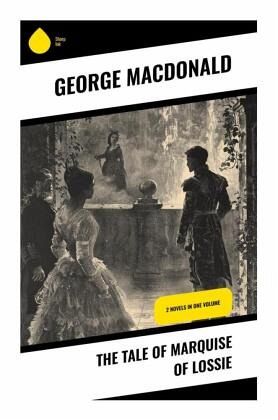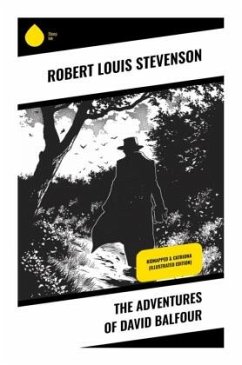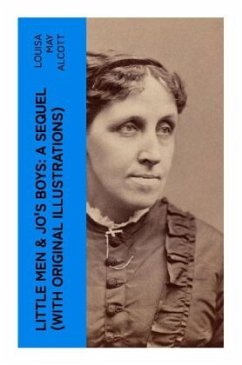
The Tale of Marquise of Lossie
2 Novels in One Volume

PAYBACK Punkte
0 °P sammeln!
In "The Tale of the Marquise of Lossie," George MacDonald weaves a rich tapestry of romance and moral complexity set against the backdrop of the Scottish Highlands. The narrative is imbued with MacDonald's characteristic lyrical prose and an exploration of spiritual themes, reflecting the Victorian preoccupation with both the ethereal and the everyday. Through the eyes of the protagonist, the Marquise, the novel navigates issues of identity, love, and redemption, while the vivid depictions of rural life serve as a fundamental component contributing to the story's immersive quality. MacDonald's...
In "The Tale of the Marquise of Lossie," George MacDonald weaves a rich tapestry of romance and moral complexity set against the backdrop of the Scottish Highlands. The narrative is imbued with MacDonald's characteristic lyrical prose and an exploration of spiritual themes, reflecting the Victorian preoccupation with both the ethereal and the everyday. Through the eyes of the protagonist, the Marquise, the novel navigates issues of identity, love, and redemption, while the vivid depictions of rural life serve as a fundamental component contributing to the story's immersive quality. MacDonald's masterful characterization and evocative settings invite readers into a world where the line between the mundane and the miraculous blurs, encouraging a deeper contemplation of the human spirit. George MacDonald, a pivotal figure in the development of fantasy literature, is noted for his influence on later writers such as C.S. Lewis and J.R.R. Tolkien. His own experiences with faith, along with his background in literature and theology, profoundly informed his storytelling, fostering a unique blend of imagination and idealism. "The Tale of the Marquise of Lossie" shines as a significant piece within MacDonald's oeuvre, illustrating his philosophical and theological insights layered beneath romantic plotlines. This novel is highly recommended for readers who appreciate intricate characters and profound moral questions. For those enchanted by richly woven narratives that challenge the reader's understanding of love and virtue, MacDonald's work is a timeless exploration that resonates with both contemporary and historical audiences.













